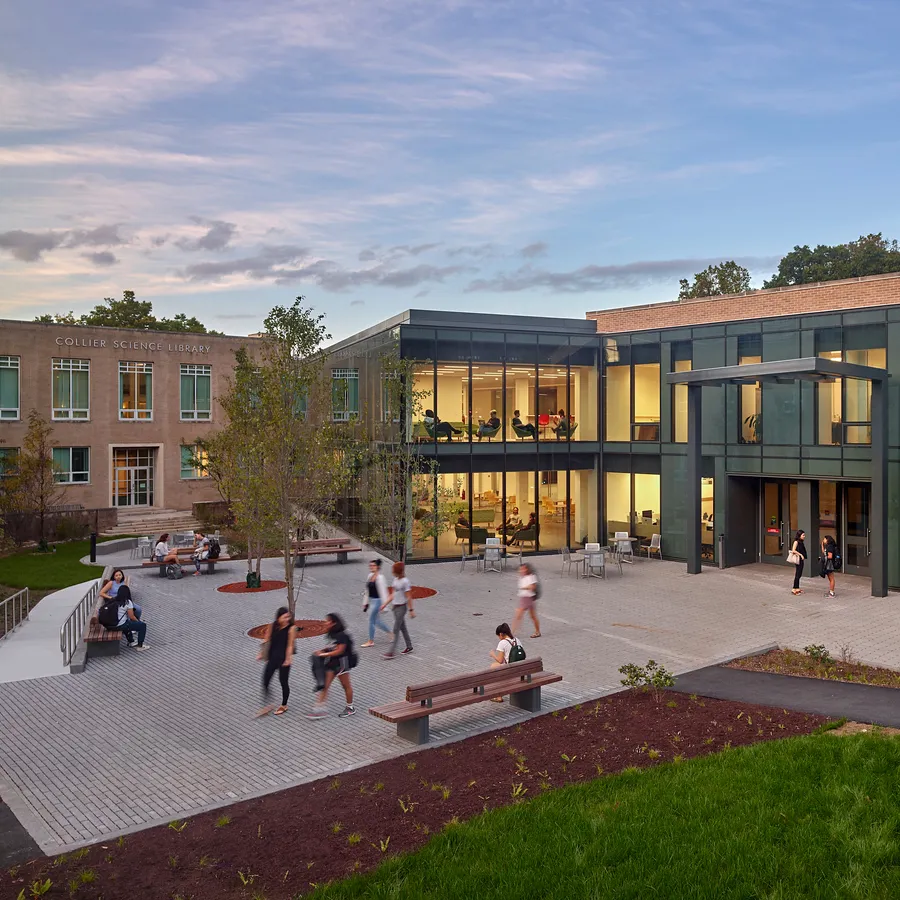
Financing Your Postbac Year
Resources to help you plan for your next steps.
Postbac Tuition
- Application Fee: $50
- Deposit: $500
The non-refundable deposit confirms your enrollment in the postbac program and will be applied to your tuition.

Paying for the Postbac Program
The costs of attending a full-time Postbaccalaureate Premedical Program followed by enrolling in medical school are significant and require careful planning.
The College’s Office of Financial Aid has a webpage dedicated to the unique postbac experience. Here you will find a billing schedule, loan options and applications, and policies relating to financial aid eligibility for postbaccalaureate students.
After reviewing their page, feel free to contact Financial Aid via email at finaid@brynmawr.edu or by phone at 610-526-5245.
Students are also advised to visit the FAFSA application portal for important updates.
Most postbac students choose to live in or near Bryn Mawr, often renting apartments with fellow students within walking distance of campus.
Each year, we appoint an outgoing postbac student to serve as the Welcome Coordinator for incoming students. The Welcome Coordinator facilitates meaningful connections with outgoing students and other resources as they relocate to the area.
The Benjamin and Mary Siddons Measey Foundation is a private foundation founded in 1957 by William Maul Measey, a Philadelphia lawyer, astute investor and philanthropist. The Foundation seeks to support the broad field of medical education in the Philadelphia region.
Since the 1980s, the Measey Foundation has made an annual award to Bryn Mawr College for a limited amount of scholarship funds for students enrolled in the postbac premedical program.
Scholarships of up to $5000 have been awarded to 5-10 students each year, and are applied to the students' tuition. Measey scholarships are not guaranteed. Enrolled postbac students are invited to apply midway through the academic year.
Contact Financial Aid
Explore Postbac

Contact Us
Postbaccalaureate Premedical Program
Park Science Building
Room 349
Bryn Mawr Program-Specific Questions
Email postbac@brynmawr.edu
Phone 610-526-7350
Application Service Process Questions
Call PostbacCAS Customer Service at (857) 304-2047
Email PostbacCASinfo@liaisoncas.com